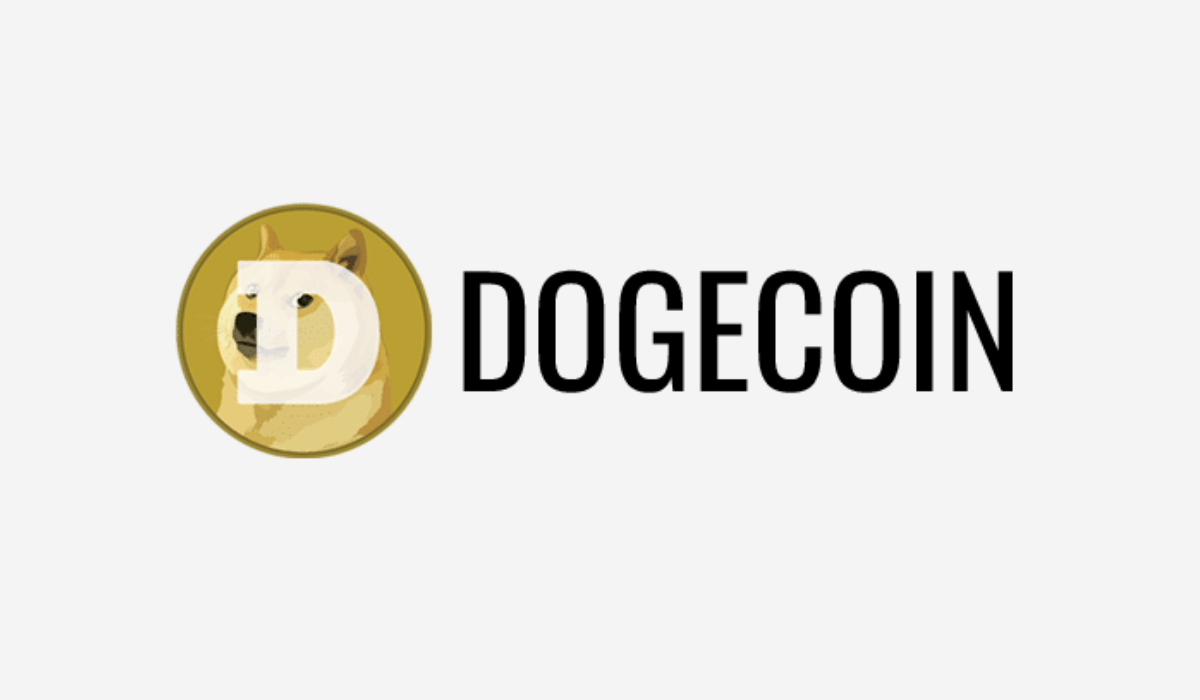
Dogecoin
Dogecoin is a decentralized cryptocurrency that was created in December 2013 by software engineers Billy Markus and Jackson Palmer. Originally conceived as a joke based on the popular "Doge" internet meme featuring a Shiba Inu dog, Dogecoin quickly gained a large online following. The cryptocurrency was designed to be more accessible and less serious than Bitcoin, using the meme culture to attract a broad audience. Like Bitcoin and Litecoin, Dogecoin is based on blockchain technology and enables peer-to-peer transactions.
Dogecoin uses the Scrypt algorithm, similar to Litecoin, which allows for faster block creation and lower transaction fees. Each block is generated approximately every minute, making it significantly faster than Bitcoin's 10-minute block time. Unlike Bitcoin, which has a fixed supply of 21 million coins, Dogecoin has no maximum supply limit, which means that its supply increases over time as new coins are mined. This inflationary supply model was initially seen as a way to keep the currency liquid and usable for everyday transactions.
The Dogecoin community is known for its active and charitable efforts, having raised funds for various causes, including sponsoring a NASCAR driver, helping to provide clean water to communities in Kenya, and supporting Olympic athletes. Despite its origins as a joke, Dogecoin has been widely adopted and is frequently used for tipping content creators online and for microtransactions due to its low fees and fast transaction times.
Dogecoin has experienced significant price fluctuations, often influenced by social media attention and endorsements from public figures like Elon Musk. It is available on most major cryptocurrency exchanges, where users can trade it for other cryptocurrencies or fiat currencies.







